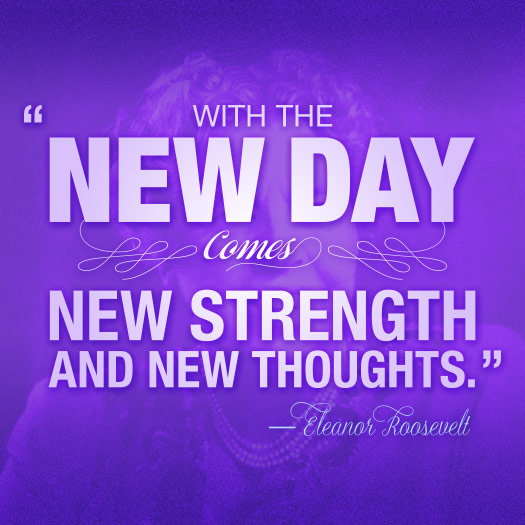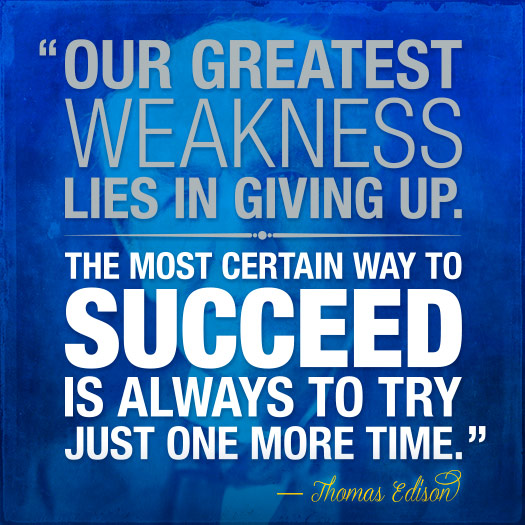 If you’re searching for a job, it may be tempting to take any offer a company gives you when it comes to pay, but always be prepared to counter their offer.
If you’re searching for a job, it may be tempting to take any offer a company gives you when it comes to pay, but always be prepared to counter their offer.
In fact, experts suggest that an employer’s first offer has some wiggle room, and if you’re savvy enough, a counter offer could score an even bigger salary or more job flexibility.
So how do you prepare a counter offer without blowing your opportunity? We’ve got five easy steps:
- When a hiring manager calls with a job offer, tell her or him that you need time to consider the offer. Be sure to let him know that you are excited about the position, but just need to study the salary and benefits.
- Study the offer. Really educate yourself on the benefits, vacation packages, and salary. By knowing the full offer, you are better positioned to negotiate. For instance, if the salary is lower than you wanted, maybe you can negotiate for better insurance or extra days of vacation.
- When offered the job, study up on the typical salary for that position and for the region where you live. For instance, if you know the starting salary for a particular job is $40,000, then use that as your starting point. If you have multiple years of experience, you could negotiate a higher range based on your knowledge.
- Make the counter offer. Many job seekers may find negotiations to be intimidating, but speaking confidently about your counter offer is important. The position has already been offered to you, so the company wants to hire you. You do have a right to go for the benefits or salary you believe you deserve.
- Re-negotiate. If the employer feels the salary or perks you counter with are too much, be prepared to negotiate for an amount you’re both happy with. Don’t go into a counter offer with an “all or nothing” approach. Find middle ground that makes you and your future employer comfortable.
While it is always worth a try to improve a job offer, be realistic. Know your market worth, but don’t push the envelope too much. You may not have much wiggle room if the employer is set on the salary offered.
Above all else, make sure you are in a position to walk away when making a counter offer. If you are in a desperate situation, be aware that a counter offer may not be accepted.
Have you ever made a counter to a job offer and had it accepted? Share your story with us in the comments below.
Movin’ On Up is brought to you by Express Employment Professionals.








